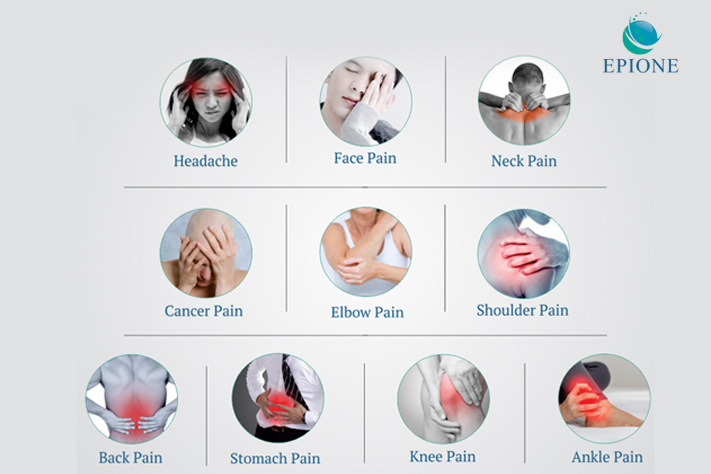Oral hygiene for elderly people

Many elder people ignore dental problems because they can’t afford the expensive dental treatments and also lack of transport facility to visit a dental clinic. More than 30% of older adults have untreated tooth decay. Dental problems can lead to other chronic medical diseases such as heart disease and stroke, lung infections and oral cancer. As people grow older, they sometimes lose the dexterity needed to clean their teeth efficiently themselves. Potential physical, sensory, and cognitive impairments associated with aging may make home oral health care challenging. Poor oral health affects an older person’s ability to chew and eat a variety of foods. Oral health is a significant factor affecting older peoples’ quality of life, overall health, and wellbeing.
 According to a 1999-2004 National Health and Nutrition Examination Survey (NHANES), approximately 18% of adult’s aged 65 years or older with retained natural teeth have untreated caries while a 2009-2012 NHANES found that 68% of these patients have periodontitis. Dr. Nanda Kumar, Consultant, Oral and Maxillofacial Surgeon, and Implantologist, Fortis Malar Hospital suggests overall optimum dental care for aging patients.
According to a 1999-2004 National Health and Nutrition Examination Survey (NHANES), approximately 18% of adult’s aged 65 years or older with retained natural teeth have untreated caries while a 2009-2012 NHANES found that 68% of these patients have periodontitis. Dr. Nanda Kumar, Consultant, Oral and Maxillofacial Surgeon, and Implantologist, Fortis Malar Hospital suggests overall optimum dental care for aging patients.
1. What are tooth cavities? How does it affect older people?
Tooth cavities are decayed or destructed tooth structure which causes pitting (holes) on the surface which may lead to food lodgement, discoloration, sensitivity pain and bad breath in people.
2. What are the risk factors leading to tooth decay?
The factors leading to tooth decay are improper brushing technique, not brushing twice a day, eating more of soft food (carbohydrates) instead of fibrous diet (fruits, vegetables), not drinking a good amount of water, not using a fluoridated toothpaste.
3. What leads to dry mouth among elderly people?
People with a systemic illness like hypertension, diabetes, autoimmune diseases may get dry mouth (Xerostomia)
4. Elucidate on dental decay leading to heart problems?
The concept is still doubtful not yet proven. According to the theory, tooth decay and gum disease cause various bacteria to float in the blood that oozes from the gums due to gum infection. They enter into the bloodstream and reach the heart. This may finally lead to heart disease called infectious endocarditis. So keeping your mouth free from tooth decay and gum disease may help your heart in some way.
5. What is periodontal disease? How can you prevent it?
Periodontal disease is nothing but infection of gums and the bone which are the supporting structures of the teeth. Due to the accumulation of deposits in teeth (Tartar), it may lead to bleeding gums, swollen gums, bad breath and loose teeth and tooth loss in later stages. Proper brushing twice a day and getting professional teeth cleaning done every 6 months are the simple ways to prevent periodontal disease.
6. How can diabetic patients take care of their dentures?
Diabetic patients should clean the denture surface twice a day with a soft brush. It must be also noted, that the denture needs to sink in a denture cleansing tablet dissolved water overnight.
7. Can you suggest oral hygiene tips for elderly people?
Some of the oral hygiene tips for elderly people:
• Brush twice a day
• Floss every night
• Using a mouth wash
• Gargling after every meal
• Add more fiber to the diet
• Drink enough water.
Book Appointment: Dr. Nanda Kumar, Consultant, Oral and Maxillofacial Surgeon, and Implantologist, Fortis Malar Hospital

 Disclaimer: Welthi.com does not guarantee any specific results as a result of the procedures mentioned here, and the results may vary from person to person.
Disclaimer: Welthi.com does not guarantee any specific results as a result of the procedures mentioned here, and the results may vary from person to person.









